Mastering Arduino: Ultimate Guide
Are you looking to take your electronics projects to the next level? Do you want to create innovative and interactive gadgets that can be controlled by a simple board? If the answer is yes, then mastering Arduino is the key to unlock your potential. In this comprehensive guide, we will explore everything you need to know to become an Arduino expert.
What is Arduino?
Arduino is an open-source electronics platform based on easy-to-use hardware and software. It consists of a single-board microcontroller, a development environment, and a community of makers, inventors, and tinkerers. It was originally created for students and hobbyists to build interactive objects and projects, but it has since expanded to various industries, including robotics, automation, and Internet of Things (IoT).
Getting Started with Arduino
The first step to mastering Arduino is to understand the basics. The official Arduino website Arduino is a great place to start. It has a vast collection of tutorials, projects, and resources for beginners. You can also purchase an Arduino starter kit, which includes all the necessary components and a detailed guide to get you started.
The heart of the Arduino platform is the microcontroller, which is a small computer on a single chip that can be programmed to control and interact with external devices. The programming language used for Arduino is based on C++, but it has a simplified syntax designed for beginners. If you have no prior coding experience, don’t worry. Arduino has a user-friendly integrated development environment (IDE) that allows you to write and upload your code without any hassle.
Mastering Arduino Fundamentals
Once you have a grasp of the basics, it’s time to dive deeper into the Arduino fundamentals. The key elements you should focus on are:
- Inputs and Outputs: These are the components that allow your Arduino board to interact with the outside world. They include buttons, sensors, and displays that can be used to send or receive signals.
- Variables and Functions: These are the building blocks of any programming language. Variables store values, and functions perform specific actions based on those values.
- Control Structures: These are used to control the flow of your code. They include loops and conditionals, which allow you to execute a specific set of instructions repeatedly or based on certain conditions.
Make use of online resources and project tutorials to practice and improve your skills in these areas. Don’t be afraid to experiment and think outside the box. Arduino is all about creativity and innovation.
Advanced Techniques for Arduino Masters
If you have mastered the fundamentals and want to take your Arduino skills to the next level, here are some advanced techniques to explore:
- Interfacing with Other Devices: Arduino can communicate with other devices through various protocols such as I2C, SPI, and UART. This opens up endless possibilities for IoT and automation projects.
- Data Logging and Retrieval: With the use of external memory modules, you can store and retrieve data from your Arduino projects, making it ideal for data logging applications.
- Wireless Communication: You can connect your Arduino board to the internet or create a wireless network for communication between multiple devices using Wi-Fi, Bluetooth, or other wireless modules.
With these advanced techniques, the sky’s the limit for your Arduino projects. You can create anything from a weather station that automatically sends data to a server, to a robot that can be controlled remotely using a smartphone.
Join the Arduino Community
Along your journey to mastering Arduino, it’s essential to connect with the community. The Arduino community is a diverse and supportive group of individuals who share their knowledge and skills through forums, meet-ups, and online platforms. Arduino is not just a technology, it’s a culture, and being a part of this culture will enhance your learning experience.
Conclusion
Mastering Arduino is a continuous process, and there is always something new to learn. But with the right mindset, dedication, and resources, you can become an Arduino master in no time. Remember to always experiment, share your projects with the community, and inspire others to join the world of Arduino. Get started today, and who knows, you may just create the next big invention with an Arduino board.
For all your electronics needs, visit Arduino and explore their wide range of products and resources to help you on your journey to mastering Arduino.


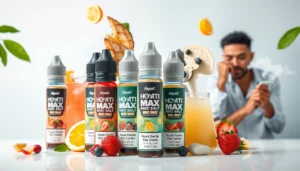
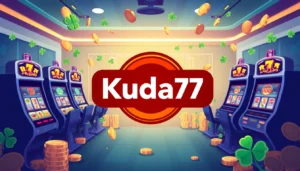
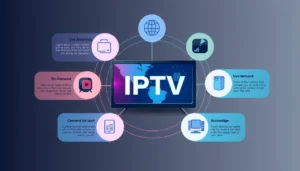
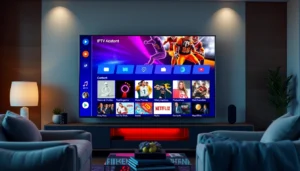
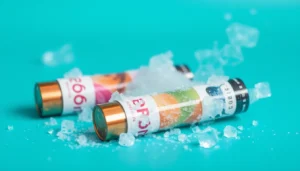




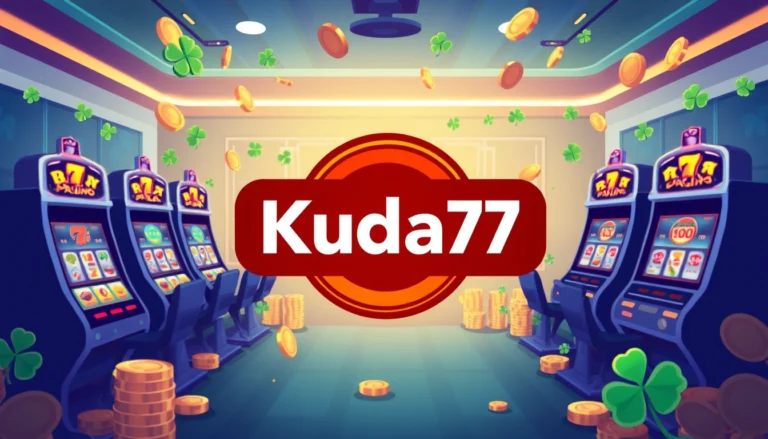
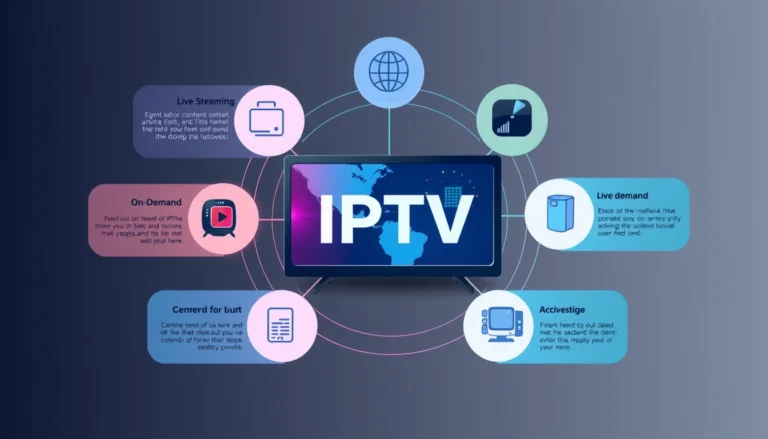
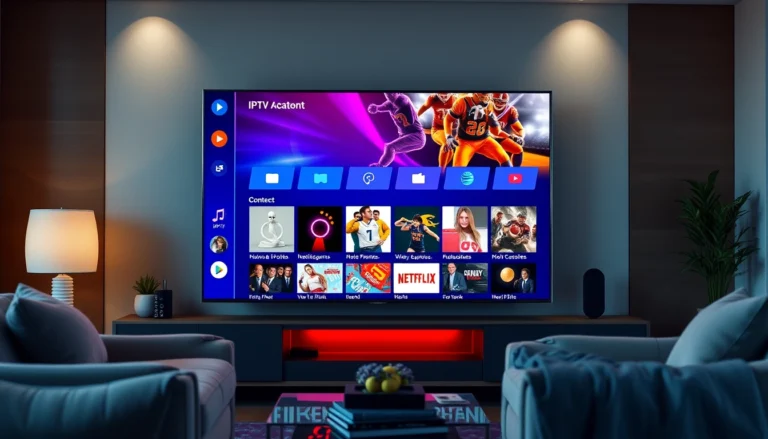
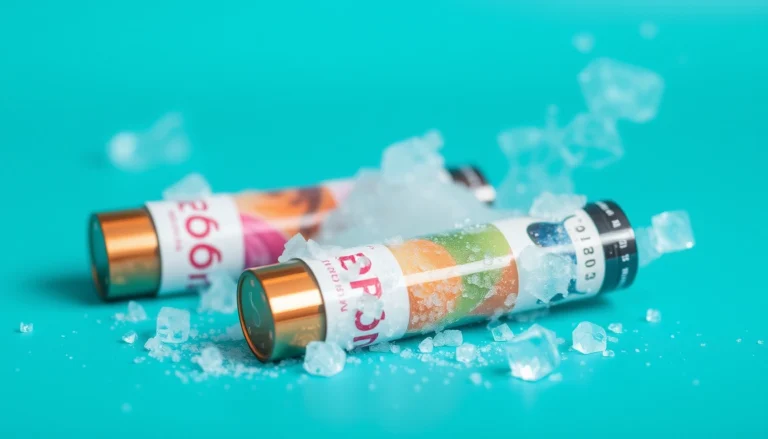
+ There are no comments
Add yours